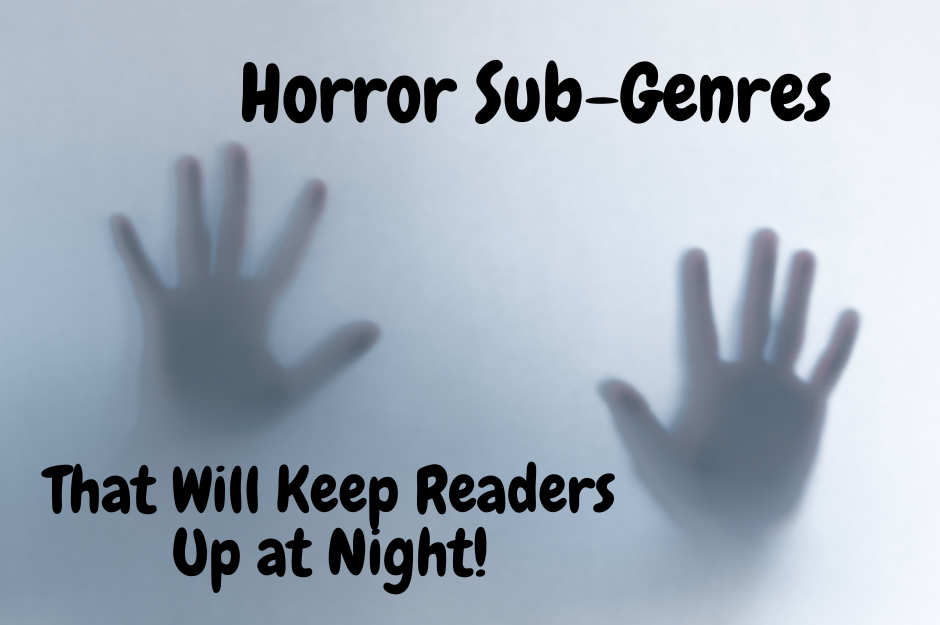|
Listen to or download this article:
|


Get off my plane! Air Force One (1997)
Sometimes we all need reminders to keep us on track and focused while writing. We hope that you will find these tips handy.
- Make certain that a major crisis, reversal or twist occurs at the midpoint to send the story skittering in a new direction and creating new motivation for the protagonist.
- Kiffer: It doesn’t matter if you are writing a lighthearted romance or a thriller or middle-grade fiction, keeping your readers guessing will keep them entertained and turning the pages.
- Make certain that your protagonist is struggling with internal conflict as well as external conflict.
- Kiffer: Jessica has contributed some excellent posts on creating complicated protagonists. See links below.
- The reader’s first glimpse of the protagonist should evoke sympathy.
- Kiffer: Think of Celie of The Color Purple, Harry Potter, Tom Ripley in the The Talented Mr. Ripley, James Bond in Casino Royale, Anne Shirley of Anne of Green Gables, Dana of Kindred, Katniss in the Hunger Games, Bella Swan in Twilight.

The Cupboard Under the Stairs Artwork by Jim Kay, Illustrator for the Harry Potter series.
- Kiffer: Think of Celie of The Color Purple, Harry Potter, Tom Ripley in the The Talented Mr. Ripley, James Bond in Casino Royale, Anne Shirley of Anne of Green Gables, Dana of Kindred, Katniss in the Hunger Games, Bella Swan in Twilight.
- Base fiction around a single dramatic question.
- Kiffer: This will become your log-line or pitch. See link below.
- Remember always that you are a storyteller first. Stories are not merely about issues or themes. Fiction is about how threatening events affect fictional people.
- While a storyline requires a series of crises, surprises and reversals, do not use violence, sex, sin, gore, or murder to enliven a sagging plot.
- Kiffer: This is known as lazy writing in the publishing biz. Don’t ever let yourself get labeled as a “lazy writer” by taking the easy way out.
- Don’t launch a story with too many characters for the readers to track in the opening.
- Kiffer: This is something that we see often when evaluating manuscripts–too many story lines cramped into one work when they should be divided out into a series or other story arcs.
- Keep dialect to a minimum and don’t write it without thorough research or intimate knowledge.
- Dialogue immediately reveals a writer’s skills. Use it sparingly and effectively by understanding that it is inherently dramatic. Avoid long sections of endless dialogue. Also avoid long sections where there is no dialogue. Eliminate mundane exchanges and repetitions. Limit using dialogue to reveal backstory. Keep attributions short.
- Remember that the opening has much to accomplish including establishing the voice, viewpoint, tone, and pacing.
- Kiffer: Most readers will determine if they want to invest time in reading a work by the opening.
- Characters are revealed while acting, talking, making choices and decisions. People are what they do.
- Make certain that there is a visual element on every page.
- Kiffer: Scenes that are void of sensory input have a writing craft problem known as “white room” syndrome. White room syndrome is where the characters float around the scene without visuals, noise, smells, atmosphere, or tactile experiences. There is nothing to anchor the reader into the scene.
- Create a vibrant and quirky cast of secondary and minor characters to enliven the story and reveal several sides of the protagonist.
- Don’t start major edits or rewrites until you finish your first draft.
- Kiffer: As award-winning author Michelle Rene advises: “Pour your heart and soul into the rough draft with reckless abandon.” In other words, don’t start nitpicking and ripping into your work until you have a story idea that is fully formed. Let yourself be creative! Get the story down and then go back to fill in the blanks or to do research. Enjoy the creativity of following in love with your story and characters.

Head Over Heels in Love with Your Story Idea!
- Kiffer: As award-winning author Michelle Rene advises: “Pour your heart and soul into the rough draft with reckless abandon.” In other words, don’t start nitpicking and ripping into your work until you have a story idea that is fully formed. Let yourself be creative! Get the story down and then go back to fill in the blanks or to do research. Enjoy the creativity of following in love with your story and characters.
- Each major character has an agenda and purpose.
- Avoid problems being solved by another character or force of nature.
- Kiffer: Avoid Deux Ex Machina (aka dragons, lottery winnings, Prince Charming, etc.). However, there are few times when it works (these tend to be in works that explore the human psyche) such as in the Wizard of Oz when it was all a dream for Dorothy or in Shakespearean works that tend incorporate human psyche archetypes.
- Beware of digressions that follow your interests or research, not the story. Rein yourself in.
- Kiffer: This means that you should not use all that research that you gathered. However, all that research could become subtext and subtle undercurrents of your story. Use research as you would spice—as needed. Just because you have it (research/spice) doesn’t mean that you should use it all. #justsaying

- Kiffer: This means that you should not use all that research that you gathered. However, all that research could become subtext and subtle undercurrents of your story. Use research as you would spice—as needed. Just because you have it (research/spice) doesn’t mean that you should use it all. #justsaying
- Nothing should happen at random, all fiction is causal. Fiction is storytelling.
- Structure scenes around scene goals and opposition to these goals.
- Kiffer: This is the story current—imagine that your story is a river. Does it flow straight at a constant speed? Or does it bend and twist so that the readers do not know what is just around the corner? Does it have eddies? Does it have turbulence caused by huge obstacles to overcome? Does it run deep? Or shallow? Or both? Shallows can be very dangerous…
Keep writing, keep dreaming, have heart. Jessica
Keep creating magic! Kiffer

Chanticleer’s Writer’s Toolbox
Handy Links to More Chanticleer Writers Toolbox Series blog posts
Will Your Story Idea Work? by Jessica Morrell
Writing Protagonists by Jessica Morrell
How to Write Your First Draft in Four Weeks by Michelle Rene, award-winning author
Prepping to Write: Plotting, Inciting Incidents, Atmosphere, Characters by Jessica Morrell and Kiffer Brown with advice from Chelsea Cain, Robert Dugoni, Stephen King…
Inciting Incident: Story, Setbacks, and Surprises for the Protagonist – Jessica Morrell
Minor Characters – the SPICE of FICTION by Jessica Morrell (Part 1 & 2)
Essence of Characters Part One by Jessica Morrell
Essence of Characters Part Two by Jessica Morrell

Jessica Page Morrell
Jessica Page Morrell is a top-tier developmental editor for books and screenplays. Her articles have appeared in Writer’s Digest and The Writer magazines. She is known for explaining the hows and whys of what makes for excellent writing and for sharing very clear examples that examine the technical aspects of writing that emphases layering and subtext. Her books on writing craft are considered “a must have” for any serious writer’s toolkit.
Jessica will teach the Master Craft Writing Classes at the Chanticleer Authors Conference VIRTUAL Conference that will be held from Tuesday, Sept 8 – Sunday, Sept. 13, 2020. She will present sessions and Master Classes during the conference. She and Kiffer will also host a fun kaffeeklatch for Word Nerds at CAC20.

Did you know that Chanticleer offers editorial services? We do and have been doing so since 2011.
And that our professional editors are top-notch and are experts in the Chicago Manual of Style. They have and are working for the top publishing houses (TOR, Macmillan, Thomas Mercer, Penguin Random House, etc.) and award-winning independent presses. If you would like more information, we invite you to email Kiffer or Sharon at KBrown@ChantiReviews.com or SAnderson@ChantiReviews.com.
Click here to read more about our Editorial services: https://www.chantireviews.com/services/Editorial-Services-p85337185
A great way to get started is with our manuscript evaluation service. Here are some handy links about this tried and true service:
https://www.chantireviews.com/manuscript-reviews/
We work with a small number of exclusive clients who want to collaborate with our team of top-editors on an on-going basis. Contact us today!

Writer’s Toolbox








Leave A Comment